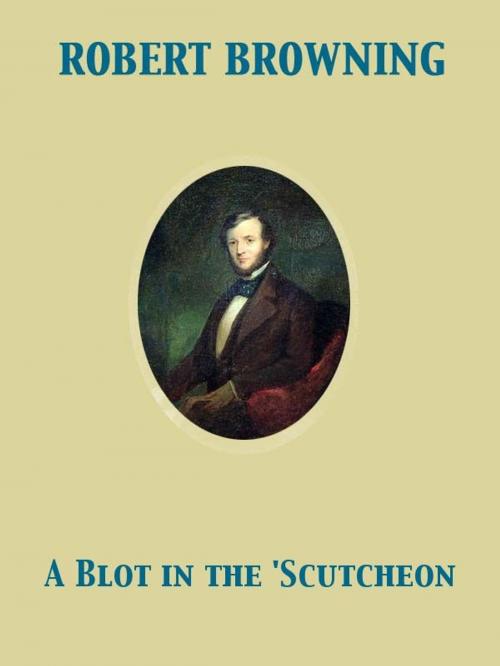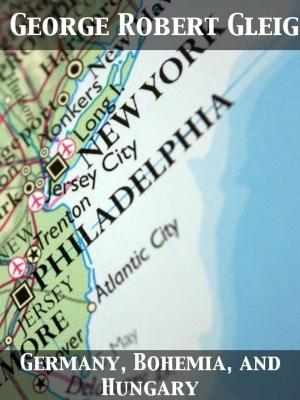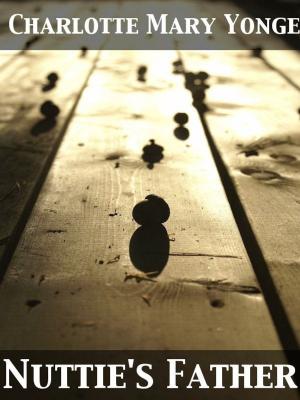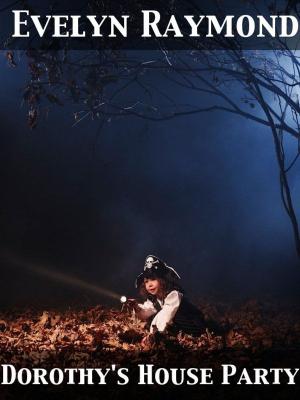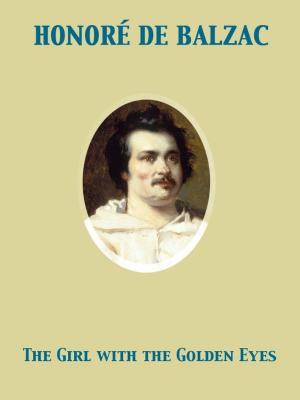| Author: | Robert Browning | ISBN: | 9782819943860 |
| Publisher: | Release Date: November 27, 2011 | Publication: | November 27, 2011 |
| Imprint: | pubOne.info | Language: | English |
| Author: | Robert Browning |
| ISBN: | 9782819943860 |
| Publisher: | Release Date: November 27, 2011 |
| Publication: | November 27, 2011 |
| Imprint: | pubOne.info |
| Language: | English |
ROBERT BROWNING stands, in respect to his origin and his career, in marked contrast to the two aristocratic poets beside whose dramas his “Blot in the 'Scutcheon” is here printed. His father was a bank clerk and a dissenter at a time when dissent meant exclusion from Society; the poet went neither to one of the great public schools nor to Oxford or Cambridge; and no breath of scandal touched his name. Born in London in 1812, he was educated largely by private tutors, and spent two years at London University, but the influence of his father, a man of wide reading and cultivated tastes, was probably the most important element in his early training. He drew well, was something of a musician, and wrote verses from an early age, though it was the accidental reading of a volume of Shelley which first kindled his real inspiration. This indebtedness is beautifully acknowledged in his first published poem, “Pauline” (1833).
ROBERT BROWNING stands, in respect to his origin and his career, in marked contrast to the two aristocratic poets beside whose dramas his “Blot in the 'Scutcheon” is here printed. His father was a bank clerk and a dissenter at a time when dissent meant exclusion from Society; the poet went neither to one of the great public schools nor to Oxford or Cambridge; and no breath of scandal touched his name. Born in London in 1812, he was educated largely by private tutors, and spent two years at London University, but the influence of his father, a man of wide reading and cultivated tastes, was probably the most important element in his early training. He drew well, was something of a musician, and wrote verses from an early age, though it was the accidental reading of a volume of Shelley which first kindled his real inspiration. This indebtedness is beautifully acknowledged in his first published poem, “Pauline” (1833).
